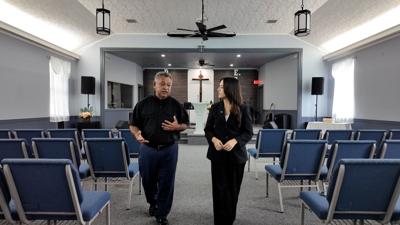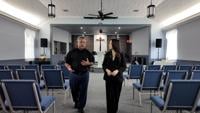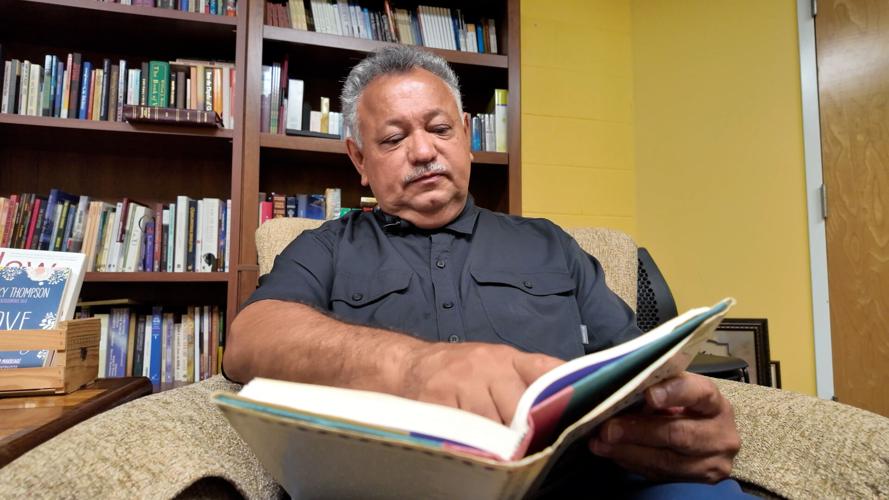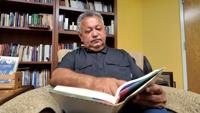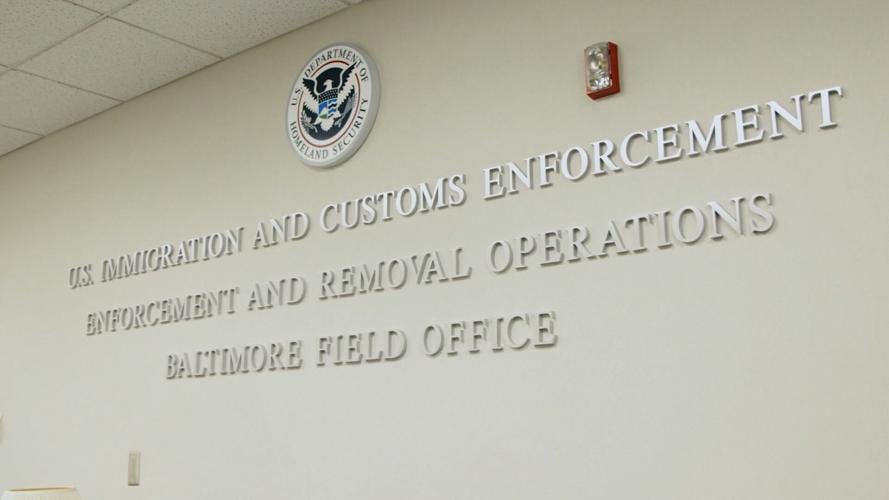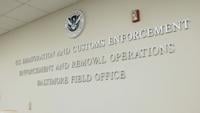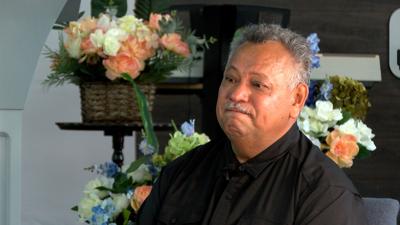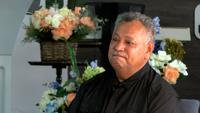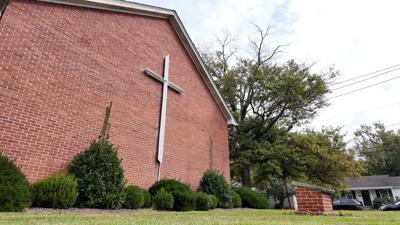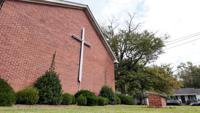EASTON, Md. - For the first time, Easton pastor Daniel Fuentes Espinal is speaking publicly about his recent detention by U.S. Immigration and Customs Enforcement, an experience he says tested his faith and separated him from his family for weeks.
Fuentes Espinal, who leads Iglesia del Nazareno Jesús Te Ama in Easton, has lived in the United States for 24 years. In July, he was pulled over on his way to work. What began as a routine traffic stop quickly turned into something far more serious.
Pastor Daniel Fuentes Espinal discusses his experiences during and after being held in multiple ICE detention centers with CoastTV and Telemundo Delmarva reporter Ana Sofia Román.
"I handed him my license," Fuentes Espina recalled. "Then he asked if I could please step out of my vehicle. He said, 'Are you here legally or illegally in this country? And I told him, 'Well, I can't answer that question because my attorney isn't with me."
Moments later, Fuentes Espinal says he was detained by ICE.
"At that moment, maybe there wasn't much time to think, just to believe that all of this had to be part of the Lord's purpose," he said. "Of course, in that moment, I thought about my family, my wife, how they would be, how they would feel. Yet beyond that, there was peace in my heart."
Fuentes Espinal was first taken to the ICE field office in Salisbury, where he spent only a few hours before being transferred to the Baltimore ICE field office inside the George Fallon Federal Building.
Those Balltimore holding rooms have since become part of a federal class-action lawsuit alleging inhumane conditions — allegations ICE denies. Maryland lawmakers, including U.S. Sen. Chris Van Hollen, toured the office in August after initially being denied access in July.
"We were there for three and a half days," Fuentes Espinal said. "It wasn't the best place with the best conditions, but we had to go through that process. During those three nights we spent there, we slept on the concrete floor without sheets, just a simple aluminum blanket that they give out."
After several days in Baltimore, Fuentes Espinal was transferred thousands of miles away to the Winn Correctional Center in Louisiana.
"Why are they moving us so far away when they could have left us in closer states where family could even visit us?" he asked. "What came to my mind was that maybe I wouldn't be able to see my children for a long time, because I didn't know how long they were going to keep me detained, or how long it would take for them to deport me, or how long it would take for me to be able to leave the place free."
He describes that time as both terrifying and uncertain.
"Well, of course, there's sadness. There's uncertainty. What's going to happen?" he said.
Through it all, Espinal Fuentes says he relied on his faith to stay strong — and to help others around him.







